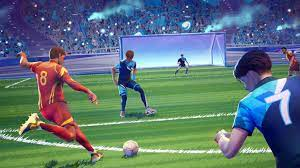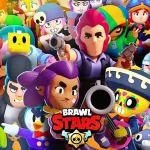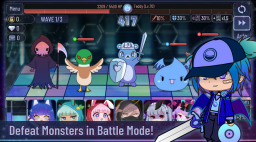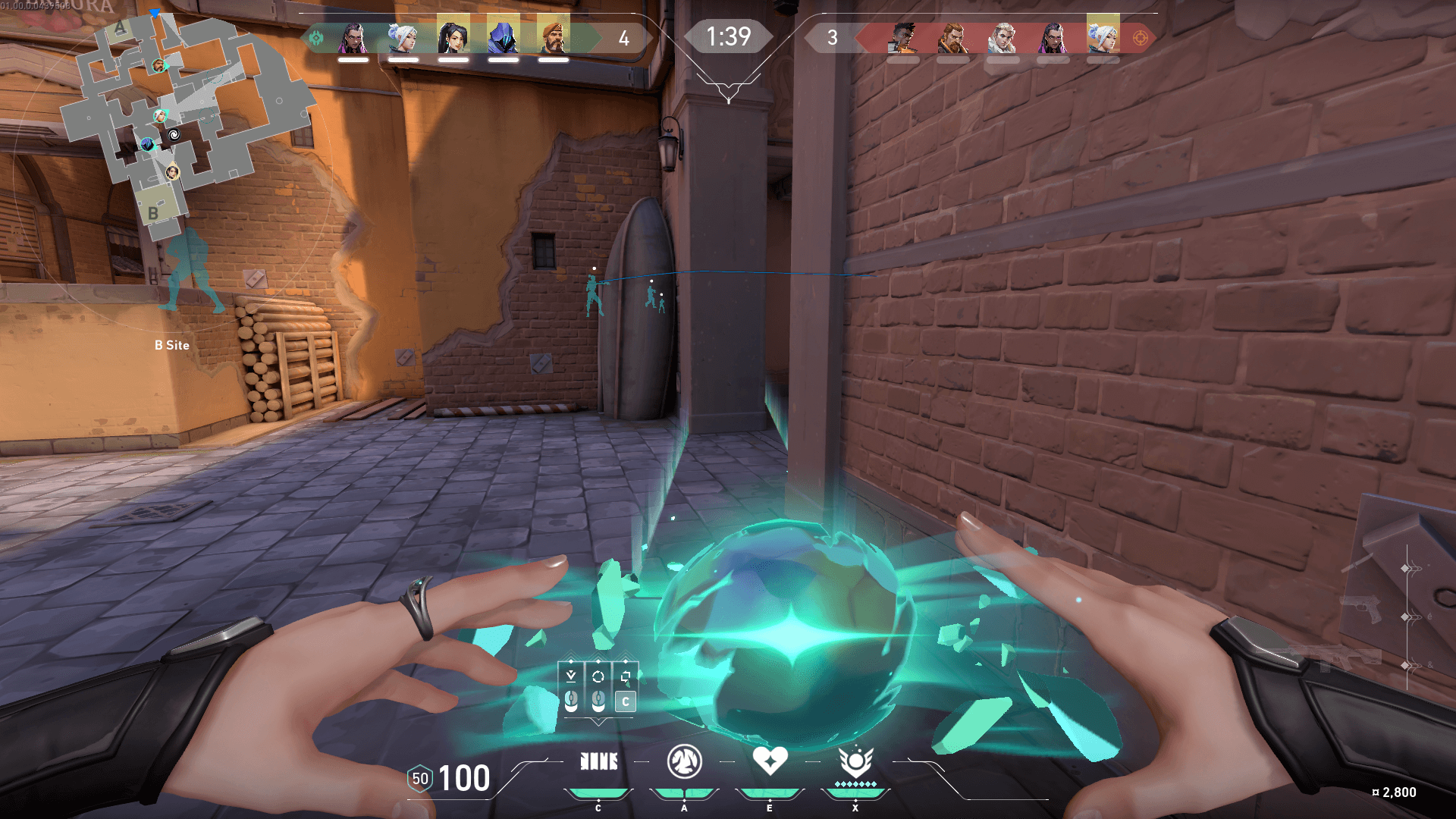Popular Now
What Is a Rematch and Why It Matters
A rematch is a second encounter between opponents who have previously faced off. It is driven by the desire for redemption, validation, or settling unresolved competition. In gaming, it's a second duel. In sports, it’s another game. In every case, the stakes are higher the second time.
Knowing how to handle the rematch pressure is critical. The opponent is familiar, but so are their patterns. The key is not just repeating what you did before—but learning and adapting. For example, understanding their tempo or tendencies could give you the edge this time around.

2. When to Call for a Rematch
A rematch is not always necessary. Timing it correctly is just as important as preparing for it. If the first match ended in a close score or with some ambiguity, it’s ideal to ask for a rematch right away while momentum is still high.
But in some cases, especially if the loss was devastating, it’s wiser to wait. Emotional control is key. For example, jumping back in with frustration can lead to hasty decisions. Step back, review, reset your mental game, and come back stronger.
3. How to Analyze the First Match
The first match gives you the blueprint. Did you lose due to timing? Misplays? Overconfidence? Review the gameplay carefully. If you’re in esports or mobile gaming, replays are often available. Watch them slowly, looking for patterns in both your behavior and your opponent's.
Write down the top three mistakes you made. For example, missing early aggression, poor defense, or not adapting to their strategy. This is your foundation for training. Improvement starts with recognition.
4. How to Train Between Matches
Training is what sets winners apart. Now that you've identified your weak spots, focus your practice around them. Don’t just play more games—play smarter games. Set drills that simulate the exact moments you failed at in the first match.
For example, if you lost because of slow reaction time, run drills with timers or play high-intensity practice matches. If your problem was predicting opponent behavior, study their prior moves. The goal is deliberate practice—not random play.
5. Setting Up the Rematch
Don’t underestimate the logistics. A rematch needs structure. Set the rules clearly, agree on time, and define win conditions. A best-of-three or best-of-five format often adds balance, especially in competitive games.
For example, in a 1v1 mobile game, both players can alternate starting positions to ensure fairness. Setting the right conditions makes both players feel respected and makes the match more serious.
6. How to Execute Your Strategy
With training behind you, it’s time to perform. Stick to your game plan, but stay flexible. The opponent may have adjusted too. Don’t fall into the trap of expecting the exact same match. A smart opponent will come at you differently in a rematch.
For example, if your opponent opened with defense last time, they may now open aggressively. Watch their body language or first moves and adjust. Confidence comes not from knowing you’ll win—but knowing how to adapt quickly.
7. Post-Match Review: Did You Win or Learn?
Whether you win or lose the rematch, review is essential. This second encounter gives you deeper insight. Did you apply what you practiced? Did your improvements show? Identify your progress points and lingering flaws.
For example, if you won more rounds but still lost the match, it shows growth. That’s a win in training terms. Use it to refine your next plan. Success builds over time—not just in one result.
8. Using Rematches for Long-Term Growth
Rematches are excellent checkpoints in your journey. Use each rematch as a performance metric. Track your outcomes and improvements. Keep a log or score sheet if needed.
For example, your win ratio after rematches may go from 30% to 60% over three months. That is a strong indicator of progress. Rematches keep you sharp and aware. They also test how well you implement what you’ve learned.

9. When to Get Coaching or Peer Feedback
Sometimes, growth requires external input. Get a coach or ask a skilled peer to watch your matches and offer advice. They often see flaws or opportunities that you miss when you're in the heat of the game.
For example, a friend might notice that you always lose momentum after winning a round. That’s insight you can’t easily get alone. Use their feedback to patch blind spots.
10. Developing a Winning Rematch Mindset
Rematches test not just skill—but character. Can you recover from loss? Can you learn and adjust? Can you stay calm under pressure? Your mindset determines your results.
Approach every rematch as a chance to evolve. Don’t obsess over revenge—focus on growth. For example, even if you lose again but perform better, that’s progress. Eventually, those improvements stack up to consistent victories.
















